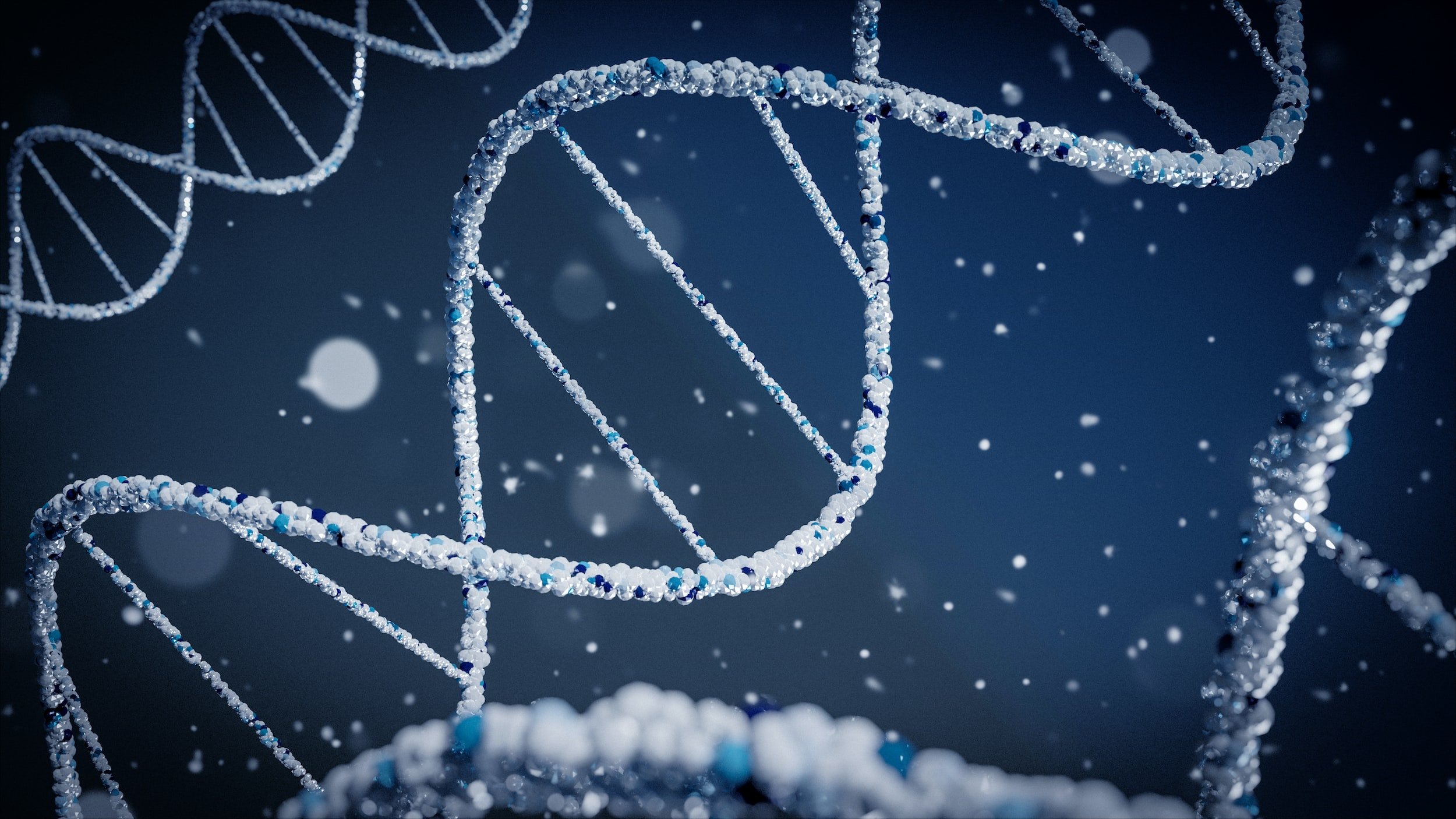
Research
Research Projects
-
Direct Library Preparation (DLP) Plus
Dr. Karol Nowicki-Osuch spearheads the deployment of DLP Plus at the Irving Institute for Cancer Dynamics and the New York Genome Center. The project aims to investigate genetic changes in the early stages of oesophageal cancer development. In addition to the New York team led by Dr. Nowicki-Osuch, the project combines the expertise of a BCCRC team led by Dr. Sam Aparicio and a Cambridge team led by Prof. Rebecca Fitzgerald.

-
Revealing the Path to Barett's and Oesophageal Cancer
A collaborative project between Karol Nowicki-Osuch, John Lizhe Zhuang, Rebecca Fitzgerald and Cambridge Biorepository for Translational Medicine is shedding some light on the origin of Barrett’s esophagus, an abnormal change (metaplasia) in the esophagus structure often preceding esophageal adenocarcinoma. Although globally the less common subtype of esophageal cancer (squamous carcinoma being most common), adenocarcinoma cases are rapidly rising in the developed countries. However, it was unclear until now what the cellular origin of Barrett’s esophagus is.

-
Initiation of Diffuse and Intestinal Non-Cardia Gastric Cancer
Karol Nowicki-Osuch, together with collaborators at the Irving Medical School and the New York Genome Center, work on a project which aims to combine novel single-cell sequencing (scRNA-seq, scATAC-seq, scDNA-seq) and spatial transcriptomics approaches with innovative model organisms to study the early stages of gastric cancer development. The combination of expertise provided by each collaborator will shed light on the initiation of diffused gastric cancer, currently a highly understudied cancer type in the US.

-
mutREAD - cost effective DNA sequencing
mutREAD is an alternative to Whole Genome Seqeuncing (WGS) that aims to produce global image of evolutionary processing taking places in cancer cells. The method is a great replacement of WGS for anyone who is interested in genome wide processes such as mutational signature calling and copy number changes. The technology is continously deveveloped with some exciting changes coming soon!

-
Tracking of ecDNA in single cells - 'Dark Genome' project with CSNCG
Recently we joined MacMillan Center for the Study of the No-Coding Cancer Genome (CSNCG). Over the next three years we are going to use our expertise in scRNA-seq and DNA-seq to track the evolution, regulation and diversity of extrachromosomal DNA across time and space in the esophageal cancer. More details about CSNCG can be found here.